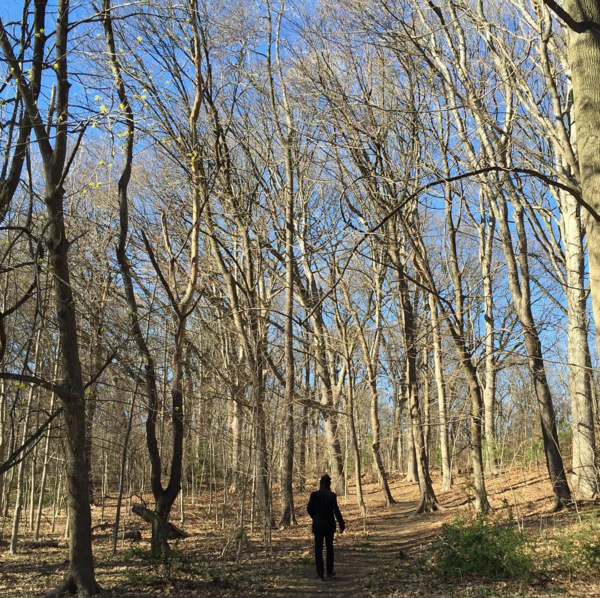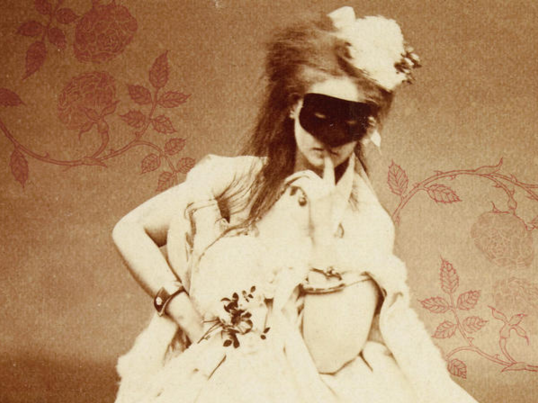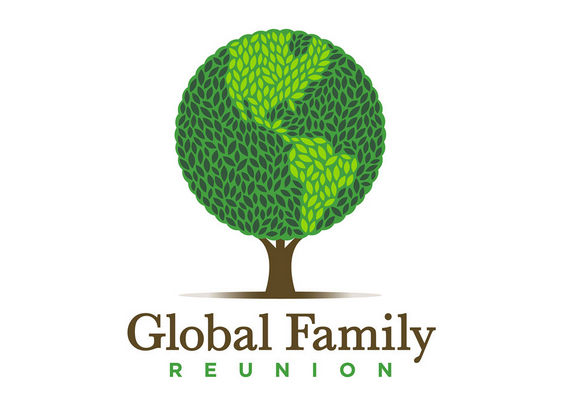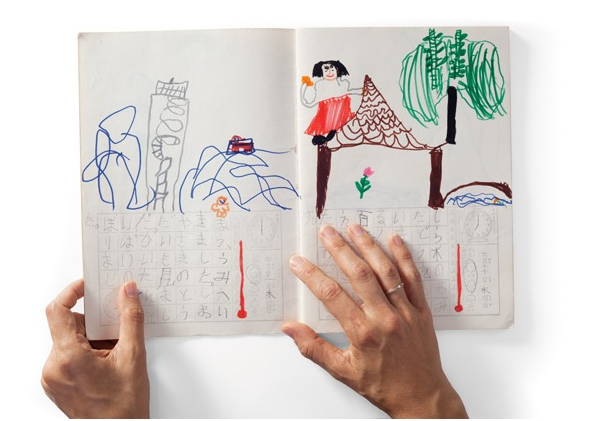
I don’t usually cross-post from my newsletter, but I’m making an exception here. This might be my last post before the site is finally redesigned.
If you’ve been reading my work for a while, you may know that my mom started a church in my living room when I was a kid. It was a tongues-speaking, Rapture-awaiting, exorcism-full ministry focused on hippies, drug addicts, refugees from cults, and assorted others in need. Every Wednesday night, they worshipped in our house in a ritzy Miami suburb. They banged tambourines and Hallelujahed and bound up Satan in Jesus’ name until my father came home and shouted at them to get out or until the neighbors called the cops.
For most of my life, I feared I might have some extreme religious conversion, too. As an adult, after trying on atheism and then Episcopalianism and not feeling a commitment to either, I responded to this fear by becoming a fervent agnostic. I was deeply committed to not knowing. I clenched around uncertainty, all the more so once I learned that my mom wasn’t the only female preacher in her family.
Around the time I turned forty, I started meditating. I studied the Alexander Technique, which, as taught by my teacher, is basically another form of meditation. His approach is especially good for writers and other bookish people who have difficulty being in their bodies. Through all of this, and a billion years of therapy, I opened up to possibilities that had made me anxious before.
When I started writing my book, I could feel myself going in a spiritual direction. I was afraid of what I’d find and where I’d end up, but I decided to follow where the book led me. Recently I went to an ancestral lineage healing intensive, and I’m going to another this summer. It makes me uncomfortable to tell you this, but I’ve decided to own it.
I hand in the draft of my book on June 3! If my editor feels it’s far enough along, I’ll finish revisions by the end of this year with an eye toward a publication date in Spring 2021.
In the coming months, I’ll be starting another newsletter, Ancestor Hunger, for anyone who’s interested in knowing more about that. You can sign up at Substack, if you’re interested. I’ll keep my other newsletter for occasional more general updates (usually 1-4 times a year) until Tiny Letter shuts down.



















